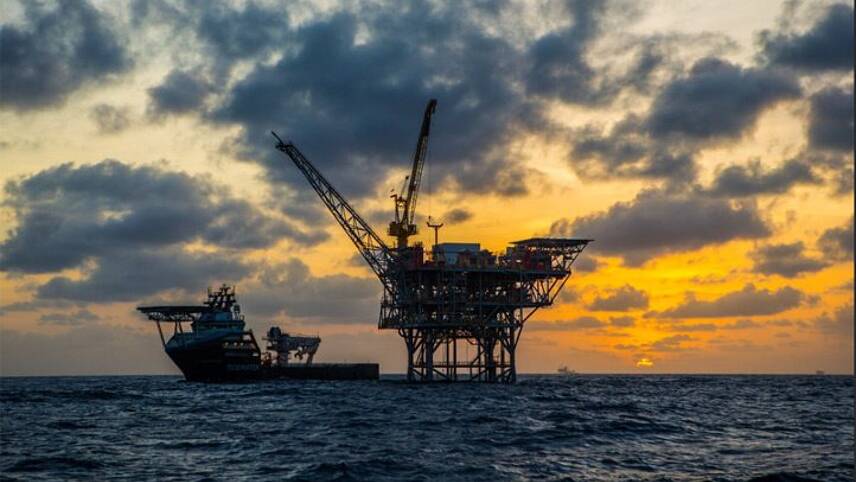Register for free and continue reading
Join our growing army of changemakers and get unlimited access to our premium content

Pictured: One of BP's ofshore platforms in Trinidad & Tobego. Image: BP
In a briefing sent to investors and journalists this morning (15 July), the energy major said it has revised its long-term price assumptions around fossil fuels and related infrastructure in line with declining demands as a result of the pandemic.
Shortly after the UN first declared Covid-19 to have reached pandemic status, the International Energy Agency (IEA) predicted that oil demand will be one million barrels less per day in 2020 than in 2019. More recently, Carbon Tracker warned that the global market value of fossil fuels is set to collapse by almost two-thirds during the ongoing recession, as energy and transport sector demands fail to bounce back and nations develop climate-focused recovery packages.
In light of this trend, BP has said it will write off billions of dollars’ worth of fossil fuel assets before September 2020. This decision has been taken due to revisions of long-term price assumptions – welcomed by green campaigners who criticised BP’s previous forecasts for overstating the importance of fossil fuels in the coming decades. BP’s most recent Energy Outlook marked a departure from its previous narrative, stating that renewables are likely to account for around one-third of the world’s energy production by 2040, but continued to emphasise oil’s importance throughout the 2020s.
BP has also said it will now extend its long-term price assumptions to 2050, in a bid to ensure that its planning is consistent with its net-zero goal and that its investments are generating not only short-term economic benefits, but long-term benefits across the triple bottom line. Long-term plans will be based around a carbon price of $100 (£79) per tonne in 2030, up from the current global average of £24 per tonne.
Additionally, BP has begun reviewing its existing project pipeline. Back in 2016, BP had forecast that it would be delivering 900,000 additional barrels of oil per day from new projects by the end of 2021. Then, in 2019, the Guardian exposed BP’s plans to grow oil and gas production by 20% by 2030, against a 2018 baseline.
BP’s chief executive Bernard Looney said the decisions were “difficult” but were “rooted in [BP’s] net-zero ambition and reaffirmed by the pandemic”.
BP set its net-zero target in February, following continued criticism from green groups and think-tanks in light of the IPCC’s landmark report on global warming of 1.5C and 2C. A strategy for meeting this target is due for publication by the end of the year, and is set to combine efficiency measures, investments in renewable energy and transport, and offsetting. Critics have said that any climate strategy which does not involve halting fossil fuel extraction altogether is not ambitious enough.
Sector-wide pains
BP’s announcement comes shortly after it confirmed that around 15% of its 70,000-strong global workforce would be made redundant as a result of coronavirus.
The company is not the only oil and gas major to publicly disclose a major financial downturn against the backdrop of the pandemic. Chevron has reduced its annual spending by 30% and will lay off 15% of its staff this year, according to Reuters. Similarly, Shell will spend $9bn less this year than it did in 2019.
Sarah George


Please login or Register to leave a comment.